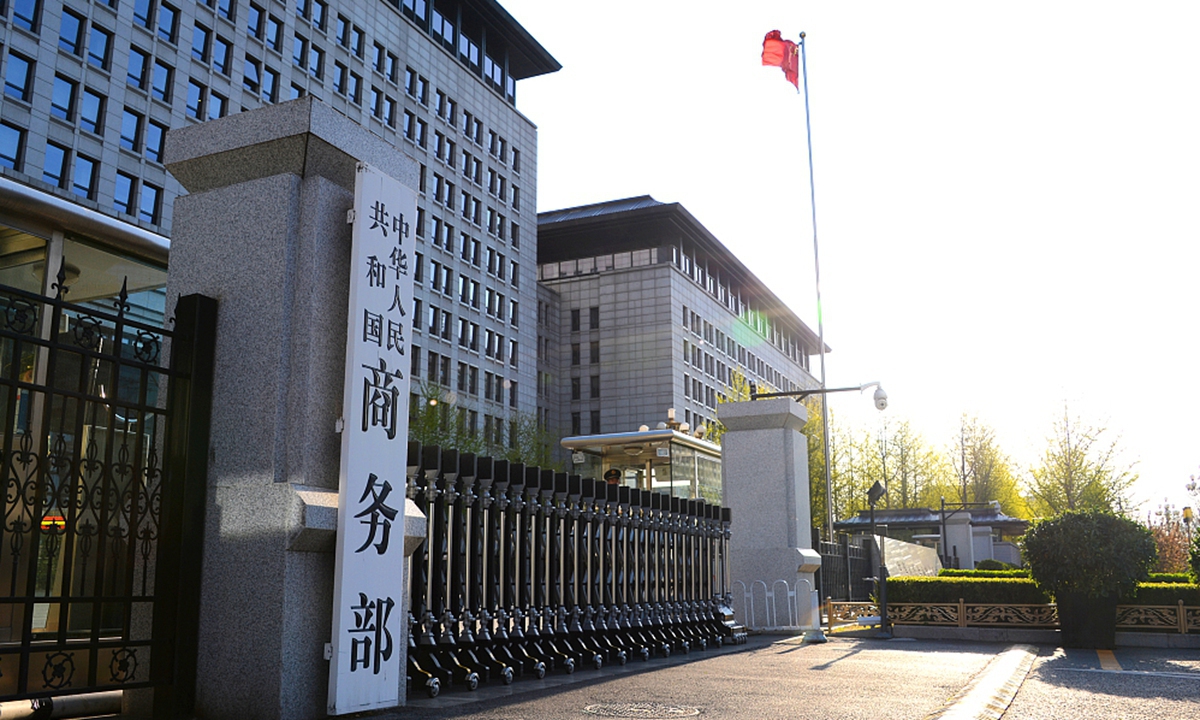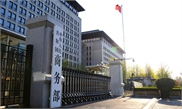EV tariff issue can be resolved via consultation only when EU shows sincerity: MOFCOM

The Ministry of Commerce Photo: VCG
China has been seeking dialogue and consultation to properly resolve the trade friction since the European Commission (EC) announced the anti-subsidy investigation into Chinese electric vehicles (EVs), a spokesperson of China's Ministry of Commerce (MOFCOM) said on Tuesday, noting that the case is complex and has a wide impact, which poses challenges for both China and Europe to reach a consensus.
"As long as the European side demonstrates sincerity and works with China in the same direction, the concerns of both sides can be resolved through consultation," said the MOFCOM spokesperson, expressing hope for both sides to find a solution that aligns with the common interests of both parties and complies with WTO rules, which will promote the healthy development of China-EU economic and trade relations.
On Monday, a Chinese delegation, during a visit to their EU counterparts in Brussels, once again expressed China's willingness to properly resolve bilateral economic and trade friction through dialogue and consultation and accommodate each other's concerns in a reasonable way.
On Tuesday, Bloomberg reported, citing people familiar with the matter, that the EU is preparing to slightly reduce the additional tariff rates proposed for EVs that Tesla and other carmakers import from China.
"On the issue of the EC's additional tariffs on Chinese EVs, we must do everything that can be done through negotiations and exhaust the possibilities of negotiations," Li Yong, a senior research fellow at the China Association of International Trade, told the Global Times on Tuesday.
Although China can take retaliatory measures, it is only the last resort, because the automotive industries of China and the EU are actually bound together, with the integration of supply chains, Li noted.
China and the EU are looking at this issue from different perspectives, Cui Hongjian, a professor at the Academy of Regional and Global Governance with Beijing Foreign Studies University, told the Global Times on Tuesday.
"China sees it as an economic and trade issue and is ready to use economic and trade means to solve it. China has put forward many solutions that comply with WTO rules and serve the interests of both sides, aiming to limit the frictions within a certain range," said Cui.
"European politicians proposed to impose the tariffs entirely for political purposes, but the industry in Europe clearly disagreed. Several European car companies have voiced strong opposition," Li said.

